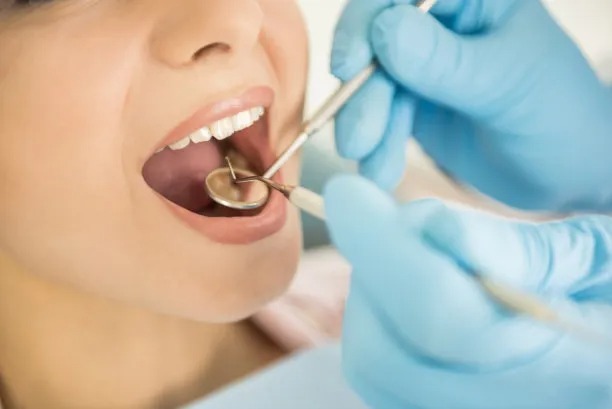Revolutionizing Smiles The Comprehensive Guide to Dental Implant Treatment and Its Benefits for Oral Health
Summary: Dental implant treatment has emerged as a revolutionary solution to restore smiles and enhance oral health. This comprehensive guide delves into the fundamentals of dental implants, outlining their various types, the treatment process, and the wide-ranging benefits they offer. From boosting self-confidence to improving overall oral function, dental implants are a transformative option for those struggling with missing or damaged teeth. Furthermore, this article highlights not just the physical improvements associated with dental implants but also the psychological advantages, making them a holistic solution for many patients.
1. Understanding Dental Implants: What Are They?

Dental implants are artificial tooth roots, typically made from titanium, designed to support replacement teeth or bridges. This innovative procedure matches natural teeth both in function and appearance, making it a preferred choice for many individuals seeking restorative dental solutions. Unlike traditional dentures or bridges, implants provide a durable and long-lasting foundation for artificial teeth.
The installation of dental implants involves a surgical process, where the implant is placed directly into the jawbone, allowing it to fuse through a process called osseointegration. This bond not only secures the implant in place but also prevents bone loss in the jaw, maintaining structural integrity over time.
Patient eligibility for dental implants generally includes good overall health and sufficient bone density. A thorough evaluation by a dental professional will determine whether dental implants are the right option based on individual circumstances.
2. The Process of Getting Dental Implants
The journey to obtaining dental implants starts with a comprehensive assessment, including X-rays and modeling of your mouth to craft a tailored treatment plan. This evaluation allows the dental professional to design the implants according to your specific needs, taking alignment and aesthetics into account.
After the planning phase, the surgical placement of the implants occurs, followed by a healing period that enables osseointegration to take place. This critical phase can last several months, during which the bone grows around the implant, establishing a stable foundation. Patients may be given temporary teeth during this time to maintain functionality and appearance.
Once healing is complete, abutments are attached, connecting the implant to the prosthetic tooth. Finally, custom-made crowns are placed on these abutments, completing the process and restoring both function and aesthetics.
3. Benefits of Dental Implants for Oral Health
One of the primary benefits of dental implants is their role in preserving jawbone health. When a tooth is lost, the underlying bone can deteriorate over time due to lack of stimulation, leading to changes in facial structure. Dental implants provide the necessary stimulation, preventing bone loss and maintaining facial aesthetics.
Another significant advantage is the impact on eating and speaking ability. Unlike traditional dentures that can slip or cause discomfort, dental implants offer stability and a natural feel, allowing patients to enjoy a diverse diet and communicate freely without fear of slippage.
Many patients also experience enhanced self-esteem and confidence after receiving dental implants. A restored smile can transform personal interactions, encouraging social engagement and reducing anxiety related to tooth loss. This psychological advantage extends far beyond cosmetic appeal, contributing to overall mental well-being.
4. Long-term Maintenance and Care of Implants
Taking care of dental implants is crucial for their longevity. Regular dental check-ups, proper oral hygiene practices, and a balanced diet play vital roles in maintaining oral health with implants. Brushing and flossing should become a daily routine, ensuring that the surrounding gum tissue remains healthy.
Smoking and excessive alcohol consumption can negatively impact the success of dental implants, so individuals are often advised to modify these habits for better outcomes. Additionally, using an antibacterial mouthwash can help maintain gum health around the implant site.
Finally, staying aware of any changes or discomfort is essential. Patients should communicate promptly with their dental provider if they experience any issues, as timely intervention can prevent complications and prolong the life of the implants.
Summary:
In conclusion, dental implants present a revolutionary solution to tooth loss, offering numerous benefits that extend beyond aesthetics. By understanding the types, process, and maintenance of dental implants, patients can make informed decisions about improving their oral health and overall quality of life. Embracing dental implants is not merely about replacing teeth; its about reclaiming confidence, function, and well-being.
This article is compiled by Vickong Dental and the content is for reference only.



